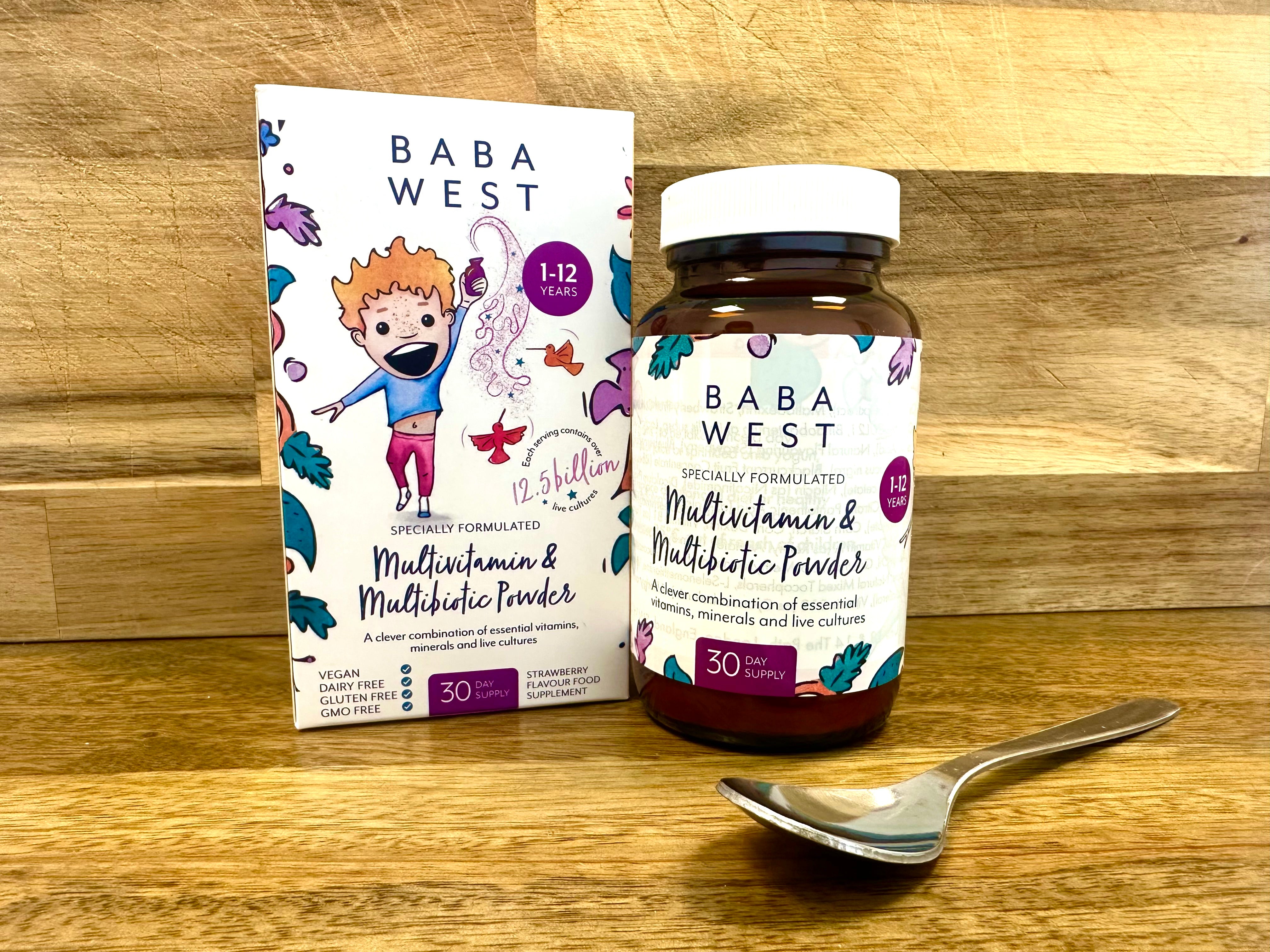What Is Colic?

What is Colic?
Colic is a term used to describe frequent, prolonged, and intense crying or fussiness in a healthy infant.
It typically starts within the first few weeks after birth, and can continue until the baby is about 3-4 months old.
Colic can be distressing for both the baby and the parents, but it's important to remember that colic is a common condition and usually resolves on its own.
Common Symptoms of Colic
A baby with colic may:
- Cry intensely and seem inconsolable.
- Have crying episodes at the same time each day, often in the late afternoon or evening.
- Pull their legs up to their tummy, clench their fists, or arch their back while crying.
- Pass gas more frequently, which may be a result of swallowed air during prolonged crying.
- Appear to be in pain or discomfort.
The exact cause of colic is unknown, but several factors might contribute:
- An immature digestive system may struggle to process food efficiently, leading to gas and discomfort.
- Some babies may have sensitivities or allergies to certain foods, either in formula or breast milk (if the mother consumes specific foods).
- An overstimulated nervous system might cause a baby to become overly fussy.
- An imbalance of healthy bacteria in the gut could contribute to colic symptoms..
How to Support a Baby with Colic
While there is no definitive cure for colic, there are several ways you can help soothe a colicky baby and support their well-being:
Create a Calming Environment
Swaddle: Wrap your baby snugly in a blanket to provide a sense of security.
White Noise: Use a white noise machine, fan, or soft music to create a soothing background noise.
Dim Lights: Keep the lights low to reduce visual stimulation.
Comforting Techniques
Rocking: Gently rock your baby in your arms or in a rocking chair.
Swaying: Walk around with your baby while swaying back and forth.
Dummy: Offer a dummy for sucking comfort.
Warm Bath: A warm bath can help relax and soothe your baby.
Feeding Adjustments
Burp Frequently: Burp your baby during and after feedings to release any trapped air.
Feeding Position: Keep your baby upright during feeding to help reduce gas.
Check Bottle Nipple: Ensure the bottle nipple is the right size to prevent your baby from swallowing too much air.
Dietary Changes
Breastfeeding Mothers: Consider eliminating potential trigger foods (like dairy, caffeine, and spicy foods) from your diet.
Formula Feeding: Consult your paediatrician about trying a different formula, such as one designed for sensitive stomachs.
Baba West Bifikalm Multibiotic Relief Drops are a friendly bacteria supplement specially designed to balance an infants gut microbiome to support colic and other digestive discomforts.
Regular use of friendly bacteria can help support the development of an infant's gut microbiome during their first 1000 days, improving babies' digestive discomforts and an improvement in their overall health and well-being. Whether added to formula, breast milk or dropped directly into your infants mouth, these drops are a simple and effective way to promote a healthy and happy gut microbiome in babies
When to See a Doctor
While colic is generally not harmful, it's essential to rule out other potential medical conditions. Contact your paediatrician if:
- Your baby has a fever, vomiting, diarrhoea, or any other unusual symptoms.
- Your baby’s crying is accompanied by poor weight gain or feeding difficulties.
- You’re concerned about your baby’s health or your ability to cope.
Colic can be a challenging phase for both babies and parents. Remember, colic is temporary, and most babies outgrow it by the time they are 3-4 months old. In the meantime, take care of yourself, seek support, and try various soothing techniques to find what works best for your baby.
Learn more about colic here.




